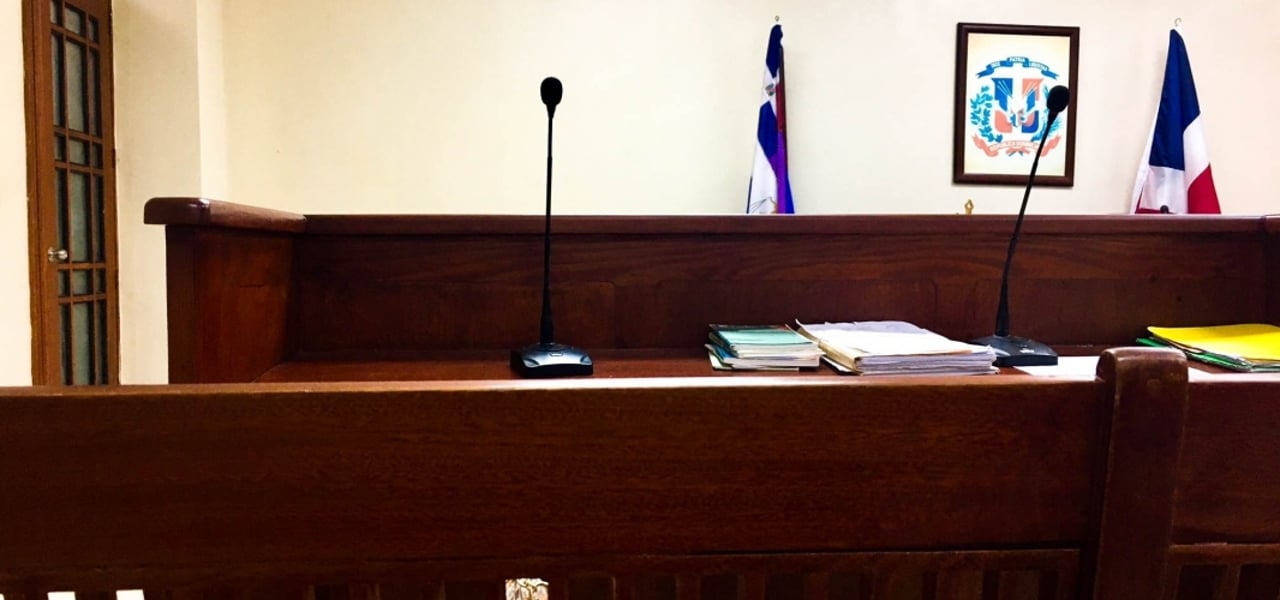German Sentenced to 20 Years in Prison for Sexually Exploiting Two Haitian Minors in the Dominican Republic

On 3 April, a 75-year old German citizen was found guilty of trafficking, physical and psychological abuse and sexual exploitation of two Haitian sisters who live in the Dominican Republic.
Additionally, he was found in possession of pornographic material he produced that included these two minors. A Dominican judge sentenced him to 20 years in prison and a fine to support the victims’ restoration process.
In 2017, IJM assisted local authorities’ investigative efforts and the execution of a rescue operation to bring two sisters, ages 13 and 17 at the time of the rescue, to freedom. An IJM psychologist provided critical post-rescue crisis intervention support for the minors and local authorities coordinated the immediate arrest of the German perpetrator.
After the arrest, the perpetrator was granted bail and ordered to report to court periodically - which represented a high risk for the two survivors and other children. This also resulted in long delays in the legal process as the perpetrator did not attend many hearings, including when the survivors were required to provide their testimony. Another major roadblock in this case was that the perpetrator needed a German interpreter and the survivors’ mother required an interpreter from Creole to Spanish. However, after ensuring all parties involved in the case could communicate, justice was achieved. The legal battle was long and challenging - it wasn’t until a year and a half after the arrest that the German national was sentenced.
Following the 2010 Haiti earthquake, the International Organisation for Migration (IOM) estimated that an additional 130,000 displaced and undocumented Haitians had migrated to the country. In early 2013, our staff observed both Dominican and Haitian girls present in locations where commercial sexual exploitation and trafficking happen. Haitian girls are often lured into situations of exploitation from across the border. IJM’s initial assessment showed that 20% of the girls present in areas of trafficking and exploitation were Haitian.
In this particular case, the survivors migrated to the Dominican Republic with their mother and father in hopes of a better future almost 15 years ago. Their immigrant status and economic situation made them more vulnerable to exploitation and made them less likely to be able to afford legal support in court against a wealthier expatriate perpetrator. However, they didn’t have to walk through this legal process on their own. As Mildred, an IJM lawyer, explained,
“It’s my desire that the perpetrator understands that the survivors and their family are not alone. IJM will be there to support them until the sentence is completed and the survivors are restored.”
The two survivors were reunited with their parents after the rescue and continue to reside in the Dominican Republic.
“I hope that this sentence serves as an example in the Puerto Plata region, and across the country, to encourage other actors of the public justice system to be prepared to preside over crimes affecting children in a just way,” Mildred added.